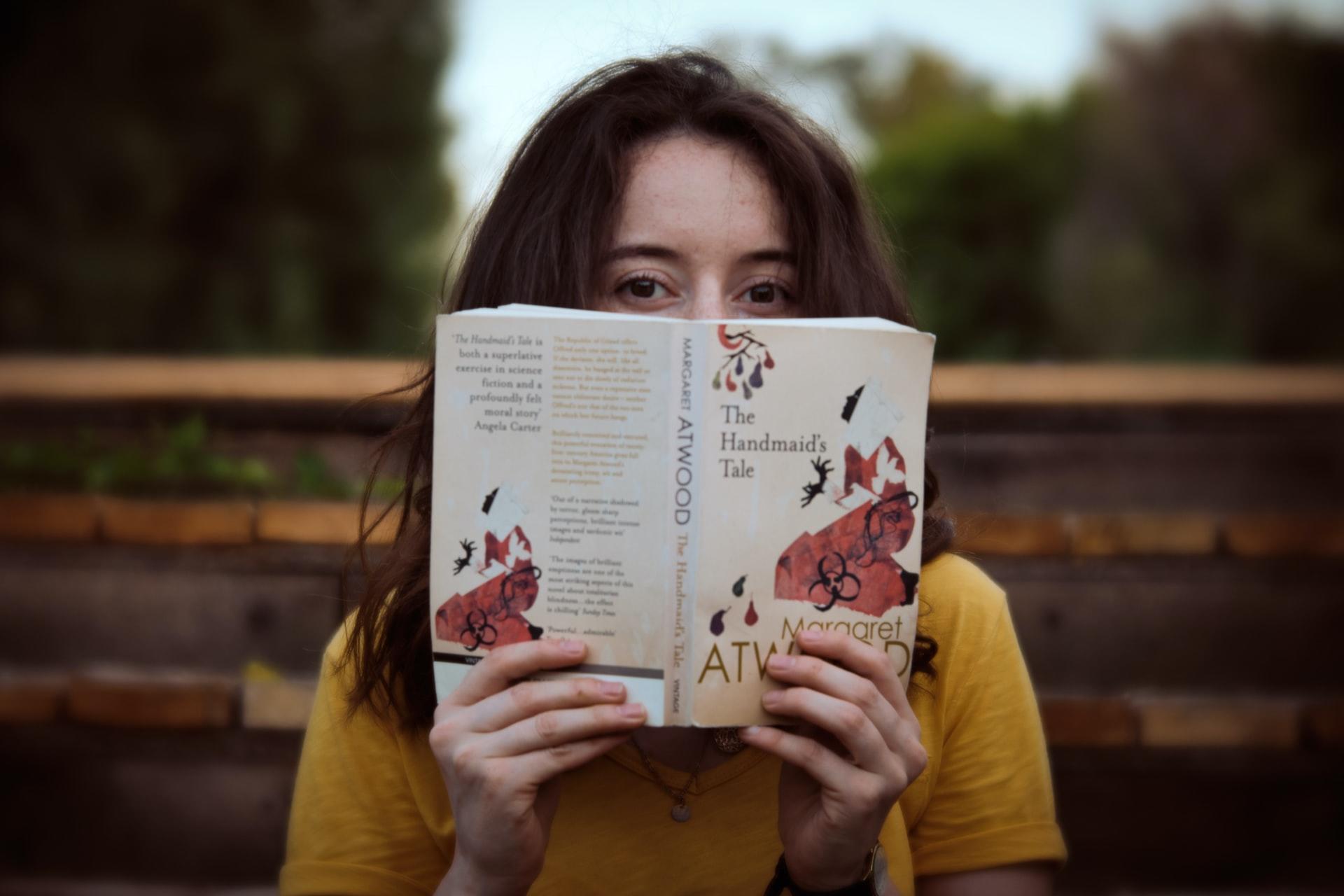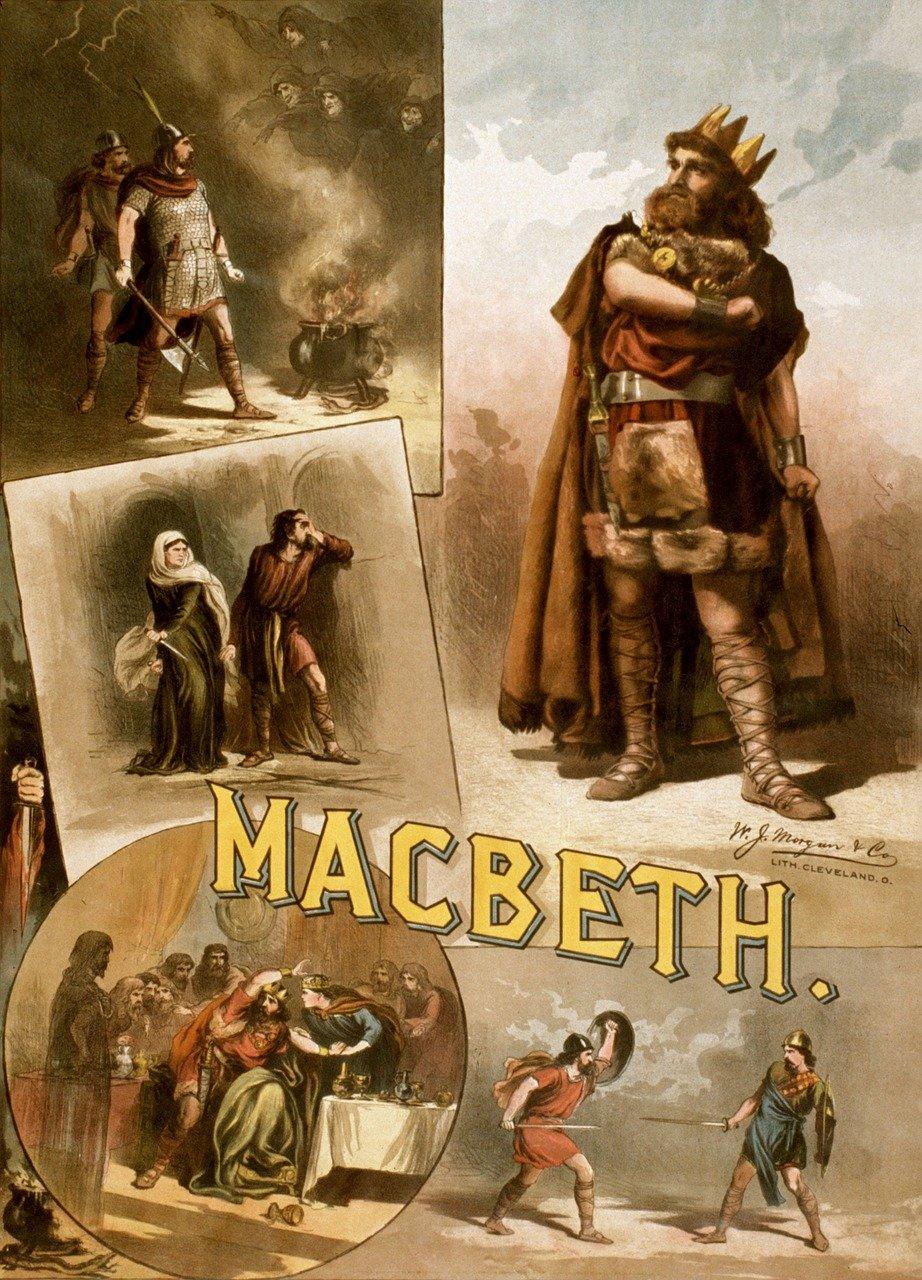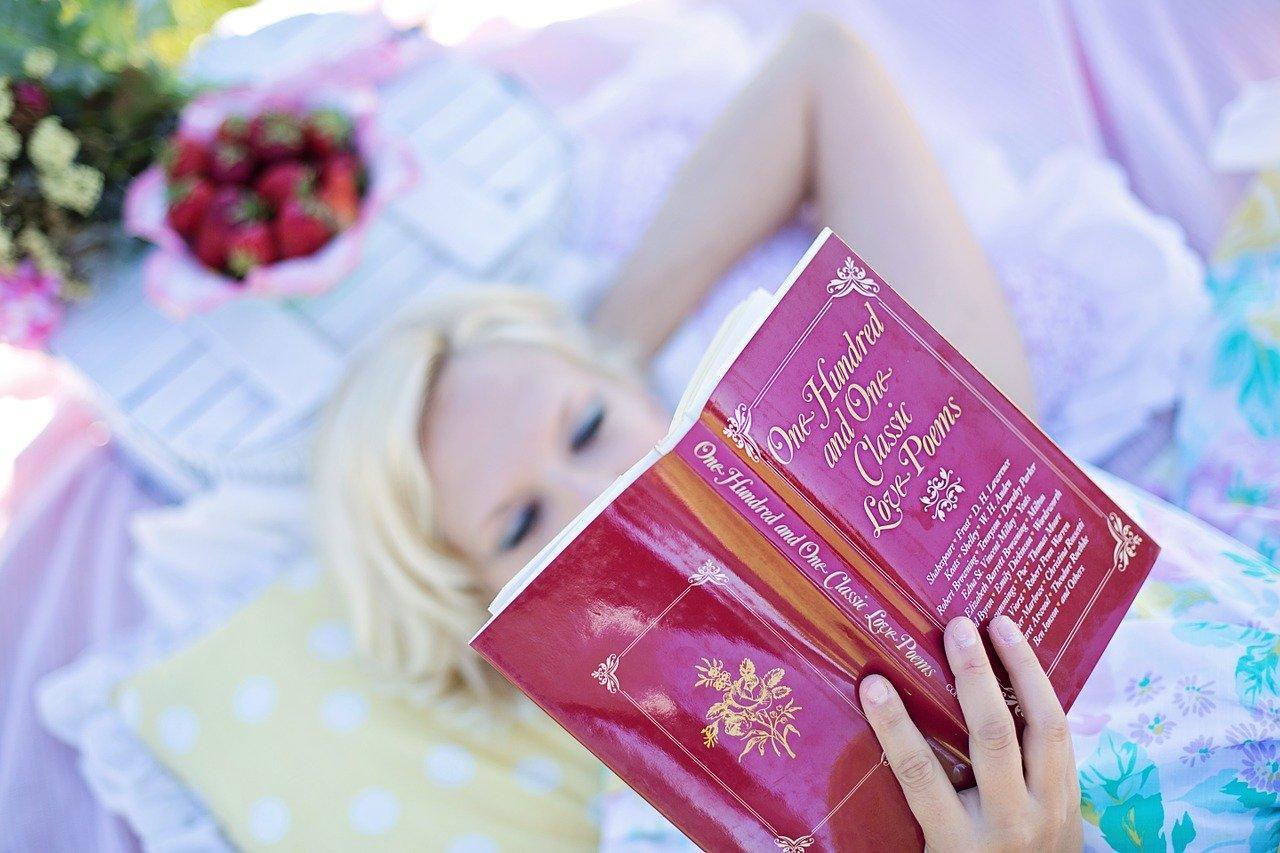It's always a good idea to prepare if you can and one way you can do that in Leaving Cert is to Watch/Read the comparative texts during the summer.
For this article, we are going to focus on the comparative texts for the Leaving Cert 2023.

What is the Comparative?
The Comparative is a prescribed study of three texts of varying media that you will compare, contrast and contextualise. For your comparative texts, you will study a Novel (book), a Film (movie) and a Drama (play). This means three texts that you have studied during your Leaving Cert course are looking at for their similarities and differences regarding their themes, devices used, characterisation and settings.
You also will discuss the setting they are set in, meaning if you have a Shakespearean text within your three studied texts you can compare the differences in its society with the societies of your other texts.
Although the types of questions and themes you will be expected to observe in the texts will be completely different depending on the level you are studying at.

TV Series to Check Out
"Heroes need monsters to establish their heroic credentials. You need something scary to overcome."
- Margaret Atwood
The Handmaid’s Tale
The Handmaid’s Tale by Margaret Atwood is on the list of prescribed novels/memoirs for reading. I highly recommend reading the book and then watching the first tv series. It's not an exact match to the book. But if you are someone who struggles to connect words on paper with emotions or visuals, perhaps watching the series and taking notes will help to further build comprehension skills.
Atwood wrote The Handmaid’s Tale in West Berlin and Alabama in the mid-1980s. The novel, published in 1986, quickly became a best-seller. The Handmaid’s Tale falls squarely within the twentieth-century tradition of anti-utopian, or “dystopian,” novels.
In The Handmaid’s Tale, Atwood explores the consequences of a reversal of women’s rights. In the novel nightmare world of Gilead, a group of conservative religious extremists has taken power and turned the sexual revolution on its head.
The Handmaid’s Tale remains one of the most powerful recent portrayals of a totalitarian society, and one of the few dystopian novels to examine in detail the intersection of politics and sexuality. In 2017, The Handmaid’s Tale was the most popular fiction book in most of the United States. A TV adaptation on Hulu was nominated for 54 Emmy Awards and won 15.
In 2019, Atwood wrote a much-anticipated sequel, called The Testaments, set 15 years after the end of The Handmaid's Tale. It chronicles the stories of three women.
Personally, if I was your teacher and I was going to pick a film for you to compare with this novel I would choose Lady Bird.


Film to Check Out Over the Summer
Lady Bird - Greta Grewig
In “Lady Bird,” Gerwig tells a coming-of-age story for a young woman in Sacramento, set between the fall of 2002 and the fall of 2003.
Lady Bird’s journey as the protagonist is largely an internal one. The conflict of the film is her trying to find out who she wants to become. Her wants are established very early on she wants something bigger and more magical than what she’s getting in Sacramento. She wants to be in New York where the culture is.
Throughout the film we see her grow from being self-centred in this desire to realizing her love for her best friend and her mom.
This movie in my opinion is a great comparison to The Handmaid's Tale because is given a lot to work with from the very wonderful dialogue provided by Grewig.

Drama/Play to Read/Watch this Summer
Macbeth - William Shakespeare
The reason I have chosen this Play for the Comparative Texts is not for the title character, but rather for his wife. The endlessly ambitious Lady Macbeth.
In her very first scene, Shakespeare presents Lady Macbeth as a powerful woman. She is given a soliloquy which reveals to the audience that she is determined to make herself as powerful as possible in order to support her husband in gaining the throne.
However, we do see a change before the end of the play, Shakespeare calls it madness but is it conscience? Lady Macbeth seems to go from being someone with no conscience at all to someone who is overwhelmed by feelings of guilt. She cannot bear to think of what she has done and eventually dies alone and unmourned even by her husband.

Why These 3 for The Comparative Texts?
Ok so now you know the 3 texts I would pick for you if I was your Leaving Cert English teacher, but you're probably wondering why?
When studying the comparative texts there are a couple of things you need to concentrate on:
Linking and Comparison - One of the most important aspects of your Comparative is your ability to link your paragraphs and ideas and compare your texts in a number of different ways.
Comparing
Find common areas in your texts that are comparable. The 3 texts have women who want more from their lives. They all have a desire for freedom or power they don't currently possess.
All of the women also have a softer caring side, even Lady Macbeth.
Linking
The beginning of each new paragraph must have a link.
Linking means there is fluency and a flow to your essay, showing your ability to construct, create and compare. The examiner will be inspecting your essay, and comb through it looking for linking words and phrases. Some useful words and phrases include:
● Likewise
● Similarly
● Also
● In the same way
● In the same manner
● Just as
● Both texts/characters
● Each text
● Conversely
● On the contrary
● Whereas
● Differs from
● However
● In contrast
● This is different to
● While
Summarise with AI:















